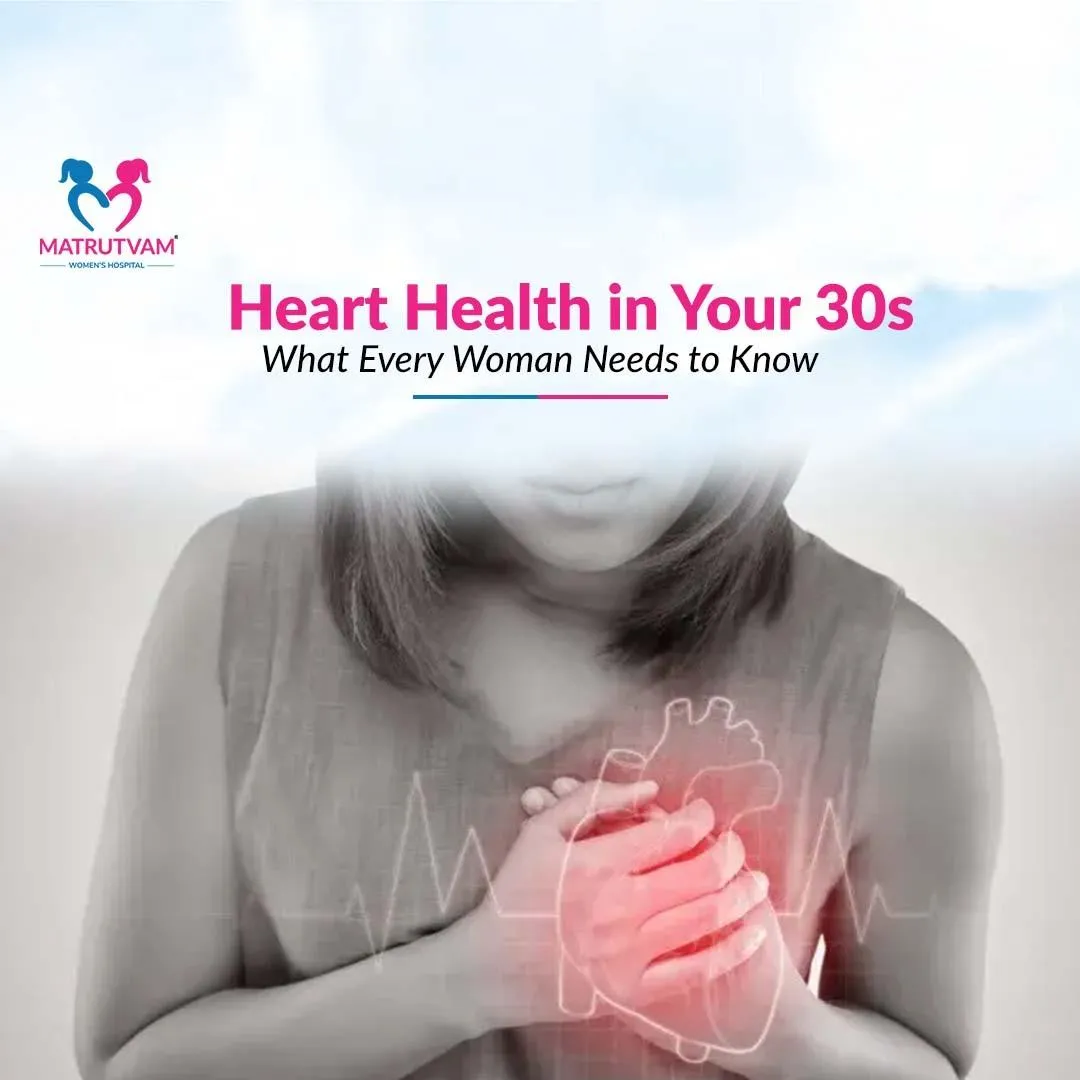
Heart Health in Your 30s: What Every Woman Needs to Know
Many women think heart disease is only a problem in old age, but the truth is, heart issues can start much earlier sometimes in your 20s and 30s. In fact, heart disease is the number one killer of women, taking more lives than all types of cancer combined. When you know the risks and signs early, you can protect your future health.
The Sneaky Symptoms Women Miss
Women's heart attacks often look very different from men's. Instead of the classic crushing chest pain, women may notice:
Extreme tiredness that doesn’t go away, even after rest
Shortness of breath you feel winded even while sitting or doing normal activities
A strange pressure or discomfort in areas like the upper back, jaw, shoulder, or arm not just the chest
Nausea, indigestion, or feeling lightheaded
Cold sweat or sudden dizziness
These symptoms are easy to brush off as stress, stomach trouble, or just a busy day. But if you have any of them lasting more than a few minutes (especially along with sweat or faintness), seek help right away.
Why Your 30s Are Important for Heart Health
1. Hormones & Past Pregnancies Matter
If you had problems in pregnancy, like gestational diabetes or high blood pressure (pre-eclampsia), your chance of heart disease later in life is much higher even if you feel fine now.
2. Women’s Hidden Metabolic Risks
Diabetes affects women’s hearts more strongly than men’s. If you have type 2 diabetes, your risk of heart issues may be up to four times higher.
Health issues like PCOS (polycystic ovary syndrome) or thyroid problems also make heart disease more likely.
3. Modern Life Can Hurt Your Heart
Too much sitting, not enough sleep, and chronic stress can raise your risk years before any doctor’s test finds a problem. Carrying extra weight, especially around your belly, is especially risky for women.
4. Heart Disease Often Goes Undiagnosed in Women
Women’s symptoms may be missed, or tests may not pick up heart problems. Tiny blood vessels (microvessels) can get damaged without showing up on routine exams.
Four Simple Ways to Take Charge Early
Know Your Numbers
Check your blood pressure, cholesterol, glucose (sugar), and waist size by the time you’re 30. Repeat every 3 years sooner if you’ve ever had pregnancy complications, PCOS, or thyroid troubles.
Move Your Body
Aim for 150 minutes of exercise a week (brisk walking, dancing, biking), plus two sessions of strength training. Even a regular fast walk cuts risk!
Eat for a Healthy Heart
Fill half your plate with veggies and fruit, one quarter with whole grains, a quarter with lean protein. Add a small portion of healthy fat like nuts, seeds, or olive oil.
Reduce Stress And Quit Smoking for Good
Practice deep breathing, get solid sleep, and avoid tobacco entirely. These make as much difference as any medication.
Special Care: PCOS, Thyroid, and After Pregnancy
Women with PCOS or thyroid issues are more likely to develop high blood pressure, diabetes, and heart problems even young women. If you had pregnancy diabetes or high BP, keep checking in with your doctor regularly.
How Modern Hospitals Help Protect Young Women’s Hearts
Fast, thorough “Heart-Smart” screenings: Get all your tests (cholesterol, sugar, BP, ECG) in under an hour.
Personalized advice for those with PCOS, thyroid issues, or a history of pregnancy-related hypertension.
Digital follow-ups: Wearable devices and apps keep you connected to your doctor for ongoing support and advice.
Don’t wait for “old age” to care about your heart! Many heart problems can begin quietly in your 30s. Most risks are silent but you can spot trouble early, lower your risk, and set yourself up for decades of strong, healthy living starting now.
Book your Heart-Smart check-up call +91 91202 02120, visit matrutvamhospitals.com, or stop by ARK Business Centre, Nagar-Manmad Highway, Savedi, Ahilya Nagar 414 003.
#HeartHealth #WomenHeartHealth #HeartSmart #CardioAwareness #HeartDiseasePrevention #WomenInTheir30s #SilentSymptoms #KnowYourRisk #HealthyHeartHabits #PreventHeartAttack #PCOSAwareness #ThyroidHealth #EarlyDetection #WomensWellness
